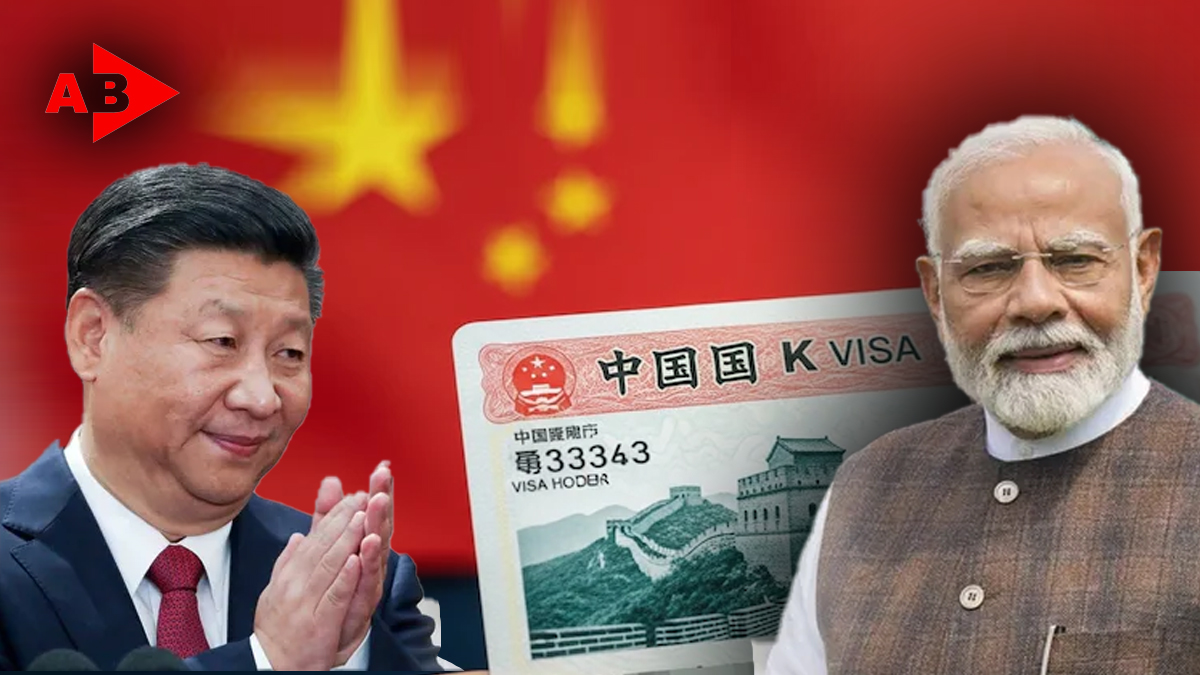
The Union Home Minister Accuses Congress of Appeasement Politics and Advocates for Uniform Civil Code
In a recent address, Union Home Minister Amit Shah criticized Congress for its appeasement politics and proposed a Uniform Civil Code, asserting that past amendments were for national benefit while advocating against religion-based reservation.
Jotirmoy Roy, AB News, New Delhi: In a robust address during the Rajya Sabha’s discussion on the Constitution, Union Home Minister Amit Shah launched a vehement attack on the Congress party, accusing it of fostering “appeasement politics” particularly through support for Muslim Personal Law. Shah asserted that his party, the Bharatiya Janata Party (BJP), has always approached constitutional amendments with a focus on national interest, contrasting it with Congress’s alleged opportunism.
The Context: Constitution and Political Maneuvering
Shah’s comments come in the wake of ongoing debates surrounding the Uniform Civil Code (UCC)—a proposed policy to replace personal laws based on the scriptures and customs of each major religious community in India with a common set governing every citizen. He pointed to the BJP-led Uttarakhand government’s initiative to formulate a model UCC as a proactive step towards ensuring equality for all citizens, regardless of their religious affiliations.
Shah posed a provocative question: “If Congress supports Muslim Personal Law for marriage and inheritance, why not extend these laws to criminal matters as well?” This question highlights the systemic inconsistency he perceives in the opposition’s approach. Shah’s emphasis on the necessity of UCC seeks to establish a secular legal framework where all citizens are treated equally under the same set of laws.
The Charge of Appeasement Politics
During his speech, Shah rebuked Congress for its historical reliance on appeasement strategies to maintain electoral support, especially among Muslim voters. He remarked, “If Congress is now absolving the Muslim Personal Law, why not apply Sharia comprehensively?” This rhetoric aims to expose what he sees as hypocrisy and inconsistency in Congress’s stance.
Furthermore, Shah critiqued the potential for increasing reservation quotas beyond the current 50% limit, stating that such moves were indicative of Congress’s intent to secure electoral benefits for Muslims. He asserted that as long as BJP holds seats in Parliament, there would be no compromise on the principle of non-discriminatory, religion-neutral reservation policies.
Constitutional Amendments: A Comparative Analysis
Shah’s discussion also encompassed a historical analysis of constitutional amendments, noting that while the BJP has amended the Constitution 22 times in its 16 years of governance, Congress executed 77 amendments over 55 years. This comparison was framed to elucidate the motives behind such amendments. Shah contended that the BJP’s amendments were rooted in the genuine need for national progress, while Congress’s amendments were more self-serving, aimed at preserving their political clout during turbulent times.
He recalled B.R. Ambedkar’s reflection on the adaptability of the Constitution, asserting that no constitution is immutable. The dialogue on amendments is critical; it should reflect the changing societal dynamics and challenges rather than serve as a tool for maintaining outdated policies.
The Final Word: Call for Change
In concluding his address, Amit Shah invoked a sense of national pride, highlighting economic advancements and structural changes implemented by the current government. He posited that India had emerged as the fifth largest economy, countering those who belittle the nation’s growth trajectory.
This incisive critique not only captures Shah’s vision for a more equitable legal framework through UCC but also reflects a broader political strategy to galvanize support against Congress’s alleged inefficacy and opportunistic tendencies. As the debate over constitutional integrity continues, Shah’s assertions could potentially shape public discourse leading up to future elections, reinforcing the BJP’s commitment to constitutional reform while challenging the opposition’s narrative.
In essence, Shah’s statements represent a clarion call for constitutional propriety and a reassessment of political alliances that can define the trajectory of Indian democracy in the years to come.


